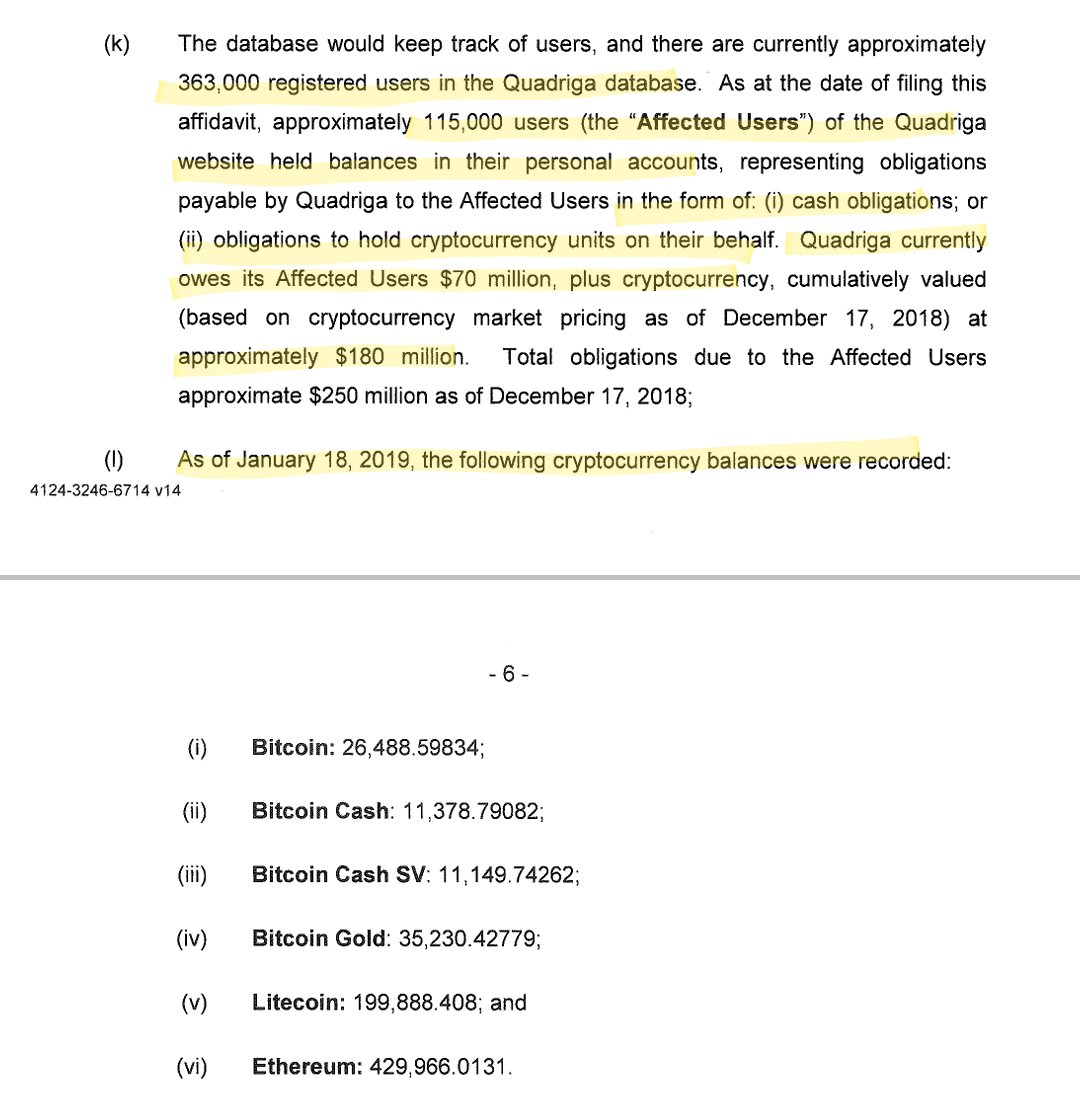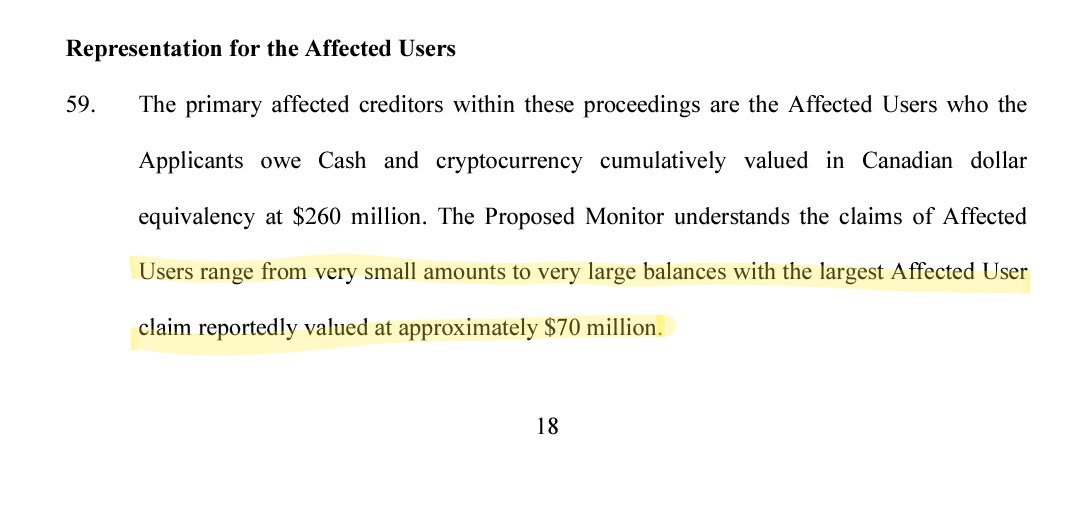
Bit by bit the noose tightens around citizens' ability to transact privately
Exchanges are starting to implement the travel rule & the EU is voting on regs 👇🏼👇🏼
The more legal precedents are set, the tighter the knot
1/
Exchanges are starting to implement the travel rule & the EU is voting on regs 👇🏼👇🏼
The more legal precedents are set, the tighter the knot
1/
https://twitter.com/paddi_hansen/status/1507741898064252935

Beyond the loss of privacy, this harms the ability of smaller service providers (software wallets, domestic exchanges, etc) to compete w/ large global providers (exchanges, defi/cefi)
Reg burden is a moat. This is BAD FOR CONSUMERS, as it limits choice
2/
Reg burden is a moat. This is BAD FOR CONSUMERS, as it limits choice
2/
Compliance is expensive. FATF guidance is implemented diff by countries, benefiting large players w/ an army of lawyers
Small co will need to increase their fees; others will close shop
This is BAD FOR INNOVATION, as often small co differentiate w new/better ideas & services
3/
Small co will need to increase their fees; others will close shop
This is BAD FOR INNOVATION, as often small co differentiate w new/better ideas & services
3/
What can citizens/companies do?
🔸️ Participate in public consultations
🔸️ Support orgs fighting the fight ($$ & ppl to craft responses)
🔸️ Vote & let your elected officials know
🔸️ Participate in industry data surveys so policy makers grok the econ impact
4/
🔸️ Participate in public consultations
🔸️ Support orgs fighting the fight ($$ & ppl to craft responses)
🔸️ Vote & let your elected officials know
🔸️ Participate in industry data surveys so policy makers grok the econ impact
4/
• • •
Missing some Tweet in this thread? You can try to
force a refresh









